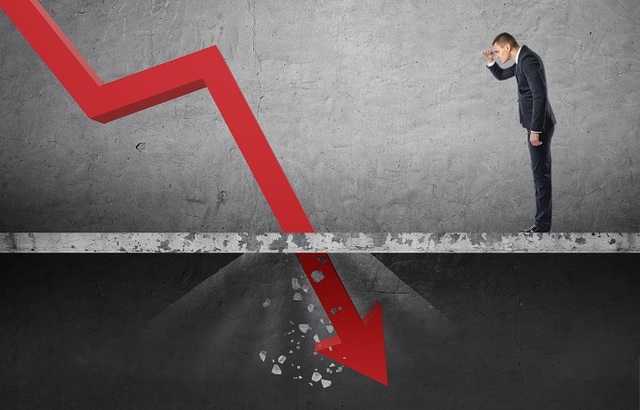From soaring market returns, solid and dependable government bonds and even cash protected in some way from the debilitating impact of inflation in the past, investors are now left with a bleaker future ahead, investment managers have warned.
The regulator has backed this glum prediction with the Financial Conduct Authority’s latest consultation paper confirming its estimate for returns over the next 10 to 15 years from investment products was around the 5% mark.
It said projection rates provided for investors to see how their money might grow should not exceed this measure.
Rather than shouting down a pessimistic regulator, investment managers have instead agreed, noting with a glum realism that things are indeed different this time but alas, not for the better.
Tom Becket, chief investment officer at Psigma Investment Management, points to three key factors that hinted at what the future holds.
Rock bottom interest rates and bond yields, expensive equity valuations and a prediction of sluggish global growth over at least the next decade all suggest returns will remain lower over the next 10 years than they have been over the previous 10.
He says: “Our own in-house forecast is for equities to return just under 5%. The FCA is absolutely correct on this call.
“My view has always been to under promise and over deliver. It’s time to be realistic and I think our industry has been very good at over promising and under delivering in the past. I think being realistic is particularly appropriate at this point in time.”
The globe was bloated by booming economic growth over the latter half of the twentieth century and the early years of the twenty first, and equity returns over a long 40-year time frame came in at around 7%.
Future global growth even after an economic recovery, is expected to remain sluggish, if it exists in any meaningful way at all, and consensus says 7% equity returns will be but a pipedream for future investors.
Darius McDermott, managing director at Chelsea Financial Services, says: “I think 5% is a very realistic bet, you might hope to do better over the long term.
“But over the 7% return period we have had strong global growth and a number of very experienced managers have come to me and said growth will be much lower in the future, and so you should expect lower returns from equities.”
The FCA’s growth prediction was based on a portfolio made up 60% equities, 20% gilts, 10% corporate bonds, 7% property and 3% cash and money market funds.
For products without a tax exemption estimated returns were even lower at 4.5%.
Put fees into the mix and returns would drop further still – although of course lowering fees is also something the industry is working on.
So, it seems the low yielding world we have lived in since the financial crisis is not going to be the short-lived beast many had hoped.
However, while returns look likely to remain significantly lower than many have been used to in the past, you will still be better off in the markets than outside holding cash.
Tom McPhail, head of policy at Hargreaves Lansdown, says: “In spite of all the economic and political fluctuations and uncertainties we have experienced in recent years, the FCA is still comfortable with the view that an investor holding a typical mixed portfolio predominantly invested in equities, can expect to enjoy a real return of around 3% a year.
“For any investor fearful of committing their savings to the investment markets, this is an important message: if you want to make your money grow over the long term, take advantage of the tax breaks on offer and invest in the stock market; holding your money in cash is fine for the short term but over time it is likely to be eroded by inflation.”








